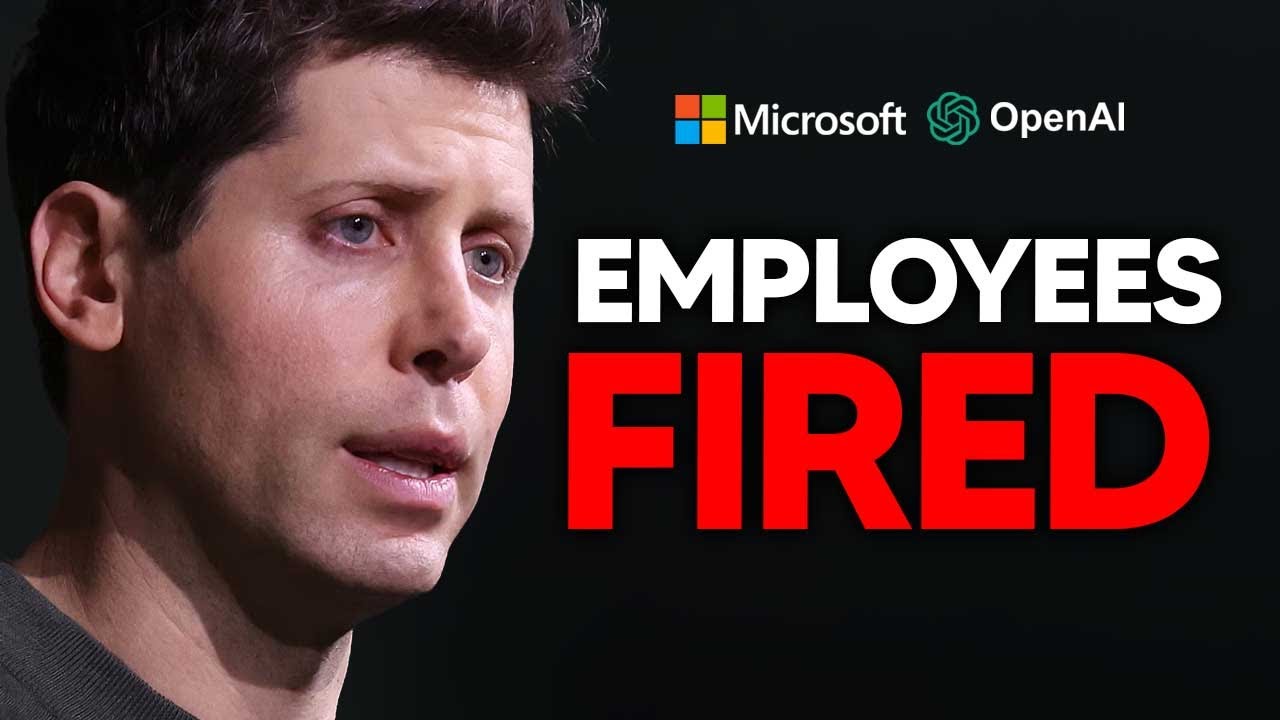OpenAI recently fired researchers Leopold Ashen Brena and Pav Issov for alleged leaks, sparking speculation in the AI community. Additionally, advancements in AI include the introduction of Yudoo, an AI music generation platform, and Google’s research on infinite context windows in AI models, leading to a 10x increase in training compute for cutting-edge AI models annually.
In recent news about OpenAI, it was revealed that some researchers, including an ally of Ilya Sutskever, were fired for allegedly leaking information. The fired researchers, Leopold Ashen Brena and Pav Issov, were part of the team dedicated to ensuring the safety of artificial intelligence for society. Ashen Brena, in particular, was a key figure in OpenAI’s super alignment team, which aimed to align superintelligent systems. The reasons for their alleged leaks and subsequent termination remain unclear, sparking speculation within the AI community.
Additionally, a voice agent AI distributor from Ace Plumbing showcased how AI can efficiently handle customer inquiries and service requests. This technology aims to streamline customer service operations and reduce overhead costs for companies. While some may find interacting with AI frustrating, advancements in AI capabilities may lead to improved customer service experiences in the future, especially as newer generations become accustomed to AI interactions.
Another significant development is the introduction of Yudoo, an AI music generation platform created by former Google researchers. Yudoo’s capabilities were demonstrated in a video showcasing its music composition skills, which garnered attention for its humorous and creative outputs. The platform’s quality and potential for custom soundtracks highlight the growing trend of AI-driven creative tools being developed by former tech industry professionals.
Moreover, the acceleration of AI progress was discussed by renowned futurist Ray Kurzweil, who noted that technological advancements are occurring faster than his previous predictions. Notably, Google’s research on infinite context windows in AI models signifies a leap in computational capabilities, with a 10x increase in training compute for cutting-edge AI models annually. This exponential growth in compute power is driving innovations in AI research and paving the way for more sophisticated AI systems.
Lastly, Jeffrey Hinton delved into the concept of subjective experience in AI, challenging traditional views of the mind as an inner theater. Hinton argued that AI chatbots may already exhibit subjective experiences, redefining notions of sentience and consciousness in artificial intelligence. His insights shed light on the evolving understanding of AI capabilities and the potential for AI systems to develop complex internal models of human interactions and behaviors. As AI technology continues to advance rapidly, discussions around AI ethics, creativity, and consciousness will shape the future landscape of artificial intelligence.
